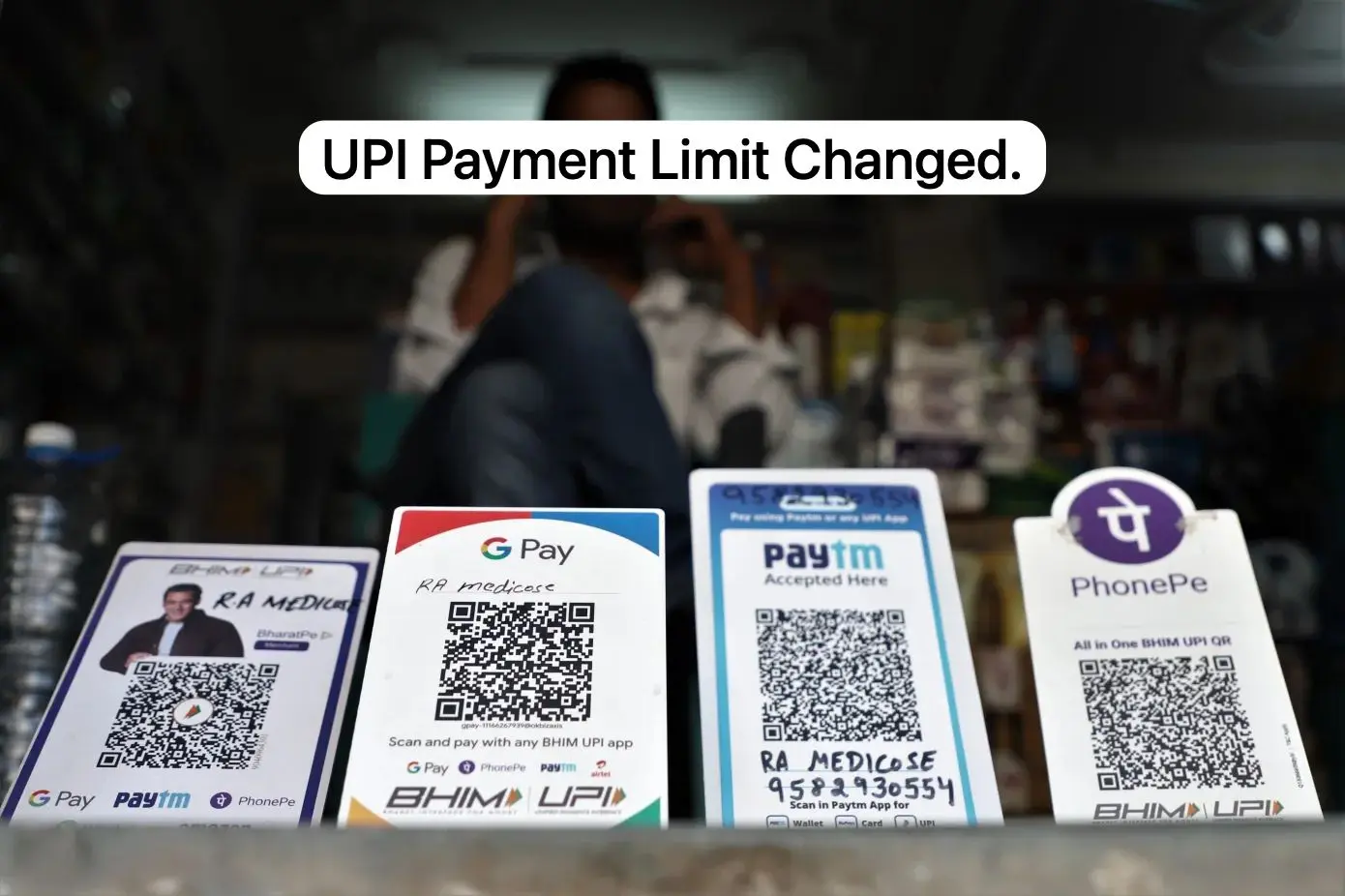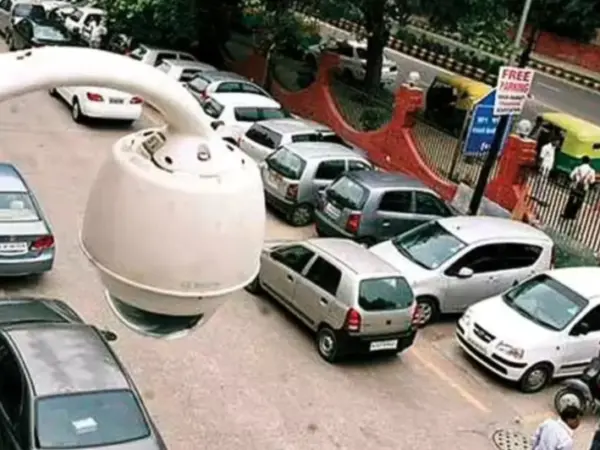If you rely on the Unified Payments Interface (UPI) for most of your transactions, there’s great news for you. The National Payments Corporation of India (NPCI), which operates UPI, has raised the transaction limit to ₹5 lakhs for certain categories of payments. This enhancement means you can now effortlessly make payments up to ₹5 lakhs using UPI. The new limits are effective from September 15.
Why the Increase in Transaction Limit?
With UPI emerging as a preferred payment method across India, there has been a growing need to accommodate higher-value transactions within the platform. Recognizing this, the NPCI issued a new circular directing banks, Payment Service Providers (PSPs), and UPI apps to ensure that the transaction limits for specific categories are increased.

Categories Eligible for the ₹5 Lakh Limit
The enhanced transaction limit isn’t universally applicable to all types of payments. It specifically targets certain high-value transactions to make the payment process more convenient. Here are the categories where the new limit applies:
- Payment of Tax Liabilities under the Income Tax Act: Verified merchants can now accept tax payments up to ₹5 lakhs via UPI.
- Hospital Payments: If you need to pay hospital bills, you can now use UPI for amounts up to ₹5 lakhs.
- Educational Institution Fees: Paying hefty college or school fees? UPI has got you covered up to ₹5 lakhs.
- Purchasing IPOs and Government Securities: Investors can use UPI to make high-value investments in Initial Public Offerings (IPOs) and government securities.
Impact on Users
The increased limit is a significant step towards enhancing the utility of UPI for users who need to make high-value transactions. Here’s how it benefits different stakeholders:
- Convenience: Users no longer need to rely on traditional banking methods like NEFT or RTGS for high-value payments.
- Speed: UPI transactions are instant, which means quicker settlements without the usual waiting periods associated with other methods.
- Security: UPI is secured with two-factor authentication, ensuring that your high-value transactions are safe.
RBI Governor’s Announcement
It’s noteworthy that the Reserve Bank of India (RBI) Governor, Shaktikanta Das, had earlier hinted at this development. On August 8, 2024, during the announcement of the monetary policy results, he mentioned that the UPI transaction limit for tax payments would be increased from ₹1 lakh to ₹5 lakhs.
How to Use the Increased Limit
To make transactions up to ₹5 lakhs:
- Ensure Your UPI App is Updated: Update your UPI application to the latest version to support high-value transactions.
- Verification: For merchants, ensure that you are verified to accept payments under the new limit.
- Proceed as Usual: Initiate the payment as you normally would. The app will automatically handle the new limit.
The increase in UPI’s transaction limit to ₹5 lakhs for specific categories is a monumental step in India’s digital payment landscape. It not only adds convenience for users but also aligns with the country’s vision of a cashless economy. Whether it’s paying hefty hospital bills or investing in government securities, UPI makes high-value transactions seamless and secure.
Frequently Asked Questions
Q1: Is the ₹5 lakh limit applicable to all UPI transactions?
No, the increased limit is only applicable to specific categories like tax payments, hospital bills, educational fees, and investments in IPOs and government securities.
Q2: Do I need to register separately to make high-value UPI transactions?
For regular users, no additional registration is required. However, merchants need to be verified to accept payments up to ₹5 lakhs.
Q3: Are there any charges for high-value UPI transactions?
As of now, UPI transactions remain free of charge for users. It’s advisable to check with your bank or UPI service provider for any updates.
Q4: Is it safe to make such large payments via UPI?
Yes, UPI is secured with two-factor authentication and is regulated by the NPCI and RBI, ensuring high levels of security for your transactions.
Share this article with someone who might find this update useful!
Disclaimer: The information provided is based on the latest circulars from NPCI and announcements by RBI as of the date of this article. For the most current information, please refer to official NPCI and RBI communications.




